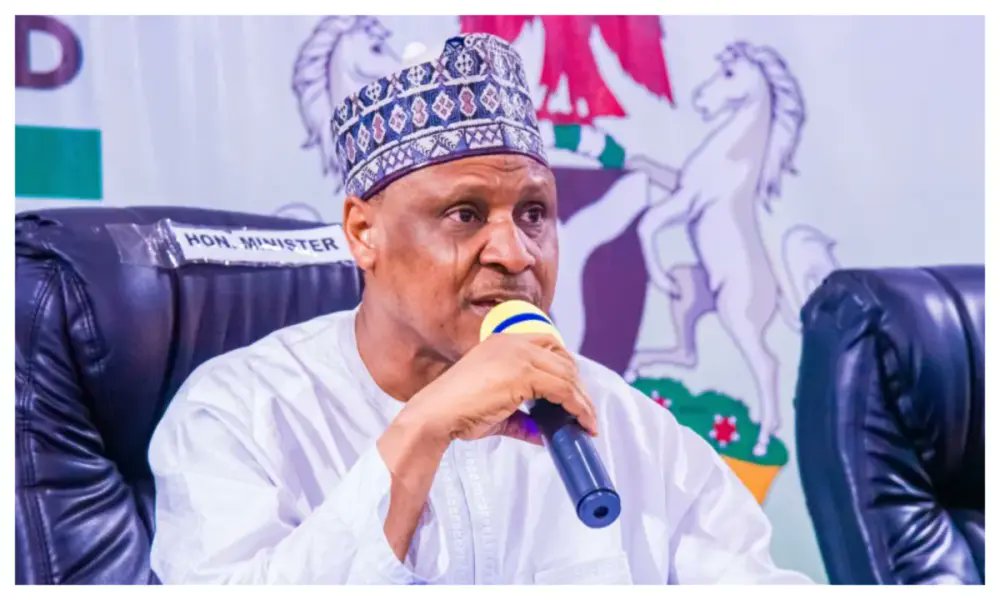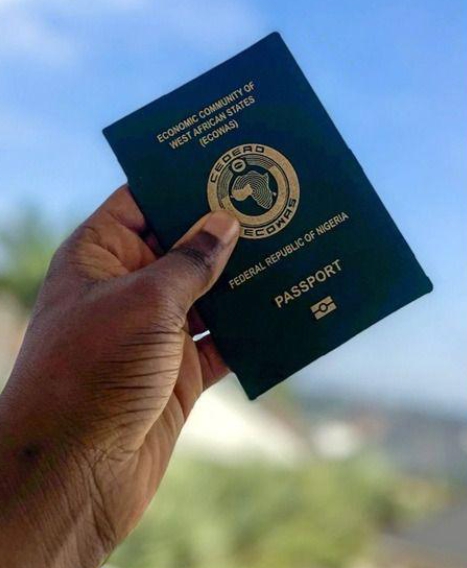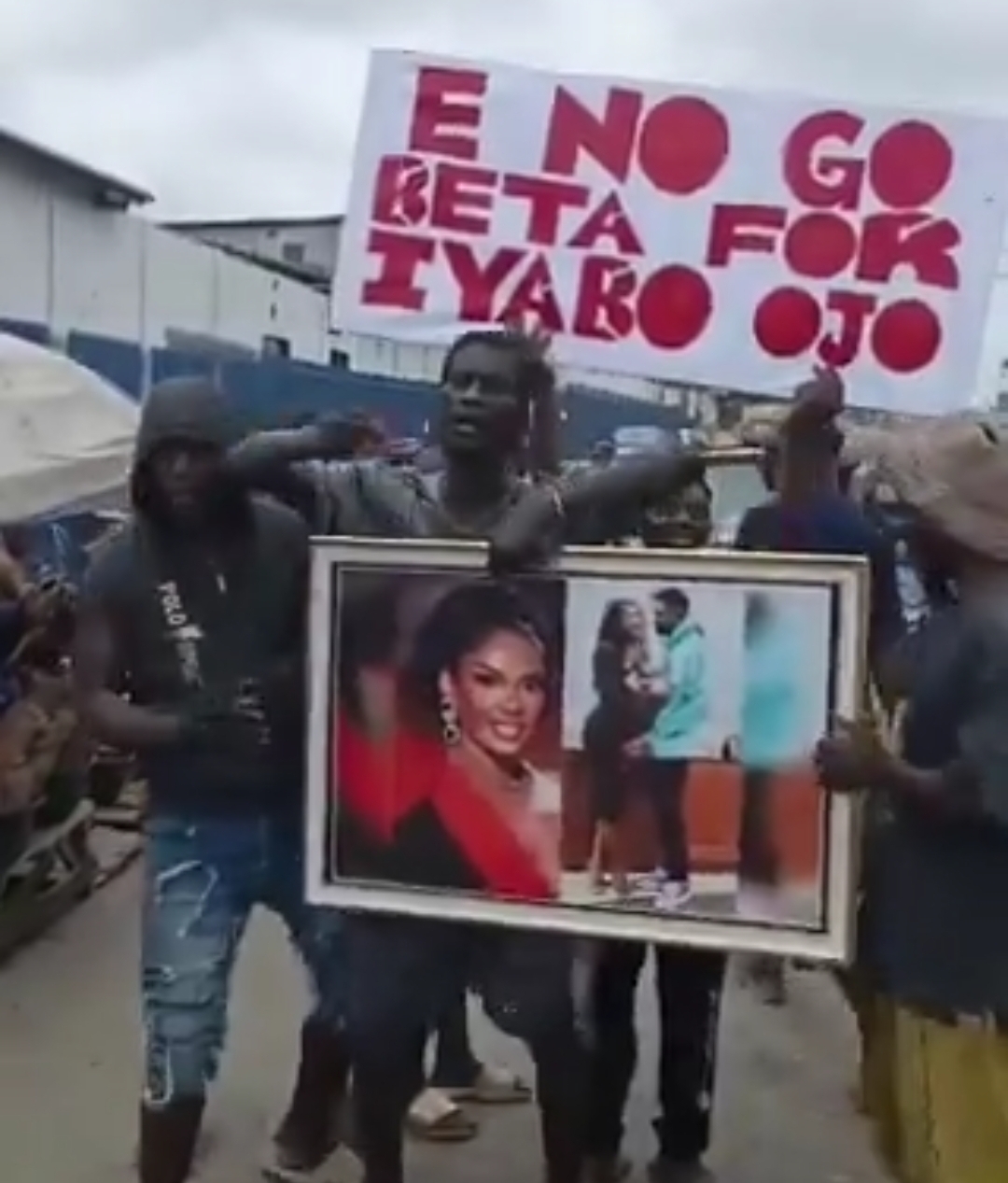
“Tinubu Never Asked Me to Lie or Harass Journalists” — Information Minister Clears the Air

In the face of mounting public scrutiny over press freedom and government transparency, the Minister of Information and National Orientation, Alhaji Mohammed Idris, has declared that President Bola Ahmed Tinubu has never, at any point, directed him to lie, harass, or arrest journalists—even those critical of the administration.
Speaking during a press briefing at the National Press Centre in Abuja, Idris addressed concerns over the government’s stance on media freedom, particularly following recent controversies involving journalist detentions under Nigeria’s Cybercrime Act.
The minister emphasized that while the administration expects factual and ethical journalism, no directive has ever been issued to suppress dissenting voices or unflattering reports.
“The President has never instructed me to lie, nor has he asked that any journalist be arrested or harassed for unconstructive criticism or unfavorable reportage,” Idris stated.
His comments come as part of a broader attempt by the Tinubu-led government to reaffirm its commitment to democratic values, especially as international watchdogs and local civil rights groups continue to raise alarms over what they perceive as a creeping intolerance for press freedom.
Idris noted that while the government is open to criticism, it draws a line at misinformation and disinformation. He called on the media to balance freedom with responsibility, stating that reckless reporting and deliberate falsehoods could inflame public tension and destabilize national unity.
The minister’s assurance follows backlash over the arrests of journalists such as Segun Olatunji, editor of FirstNews, and Daniel Ojukwu of the Foundation for Investigative Journalism (FIJ), both detained earlier this year under controversial circumstances.
Though those cases drew wide condemnation, Idris insists they do not reflect a broader government agenda against the media.
“Isolated incidents are being addressed appropriately, and the administration remains fully committed to the principles of a free press,” he added.
However, critics remain skeptical. Media stakeholders argue that while the President may not directly order arrests, the legal instruments under his administration—particularly the Cybercrime Act—are increasingly being used to stifle press freedom.
Idris’ comments are clearly designed to pacify critics and ease fears that the Tinubu government is toeing an authoritarian line.
But for many Nigerians, actions speak louder than assurances. Until all journalists are free to work without fear of state retaliation, statements like this will be met with cautious optimism at best.
In a democracy, a free press is not a privilege—it’s a necessity.
And if the Tinubu administration truly wants to distinguish itself from its predecessors, it must do more than just declare its innocence—it must demonstrate it.


